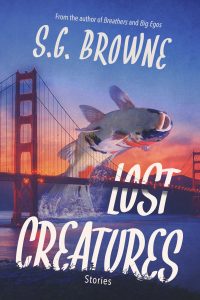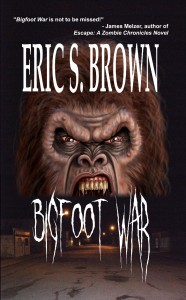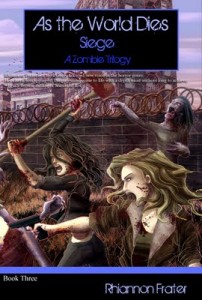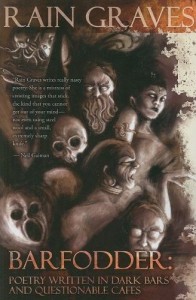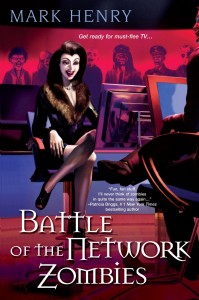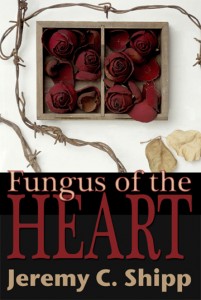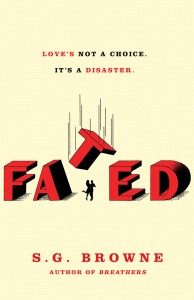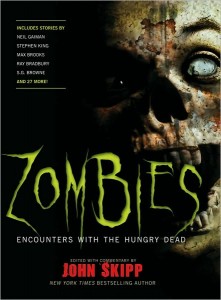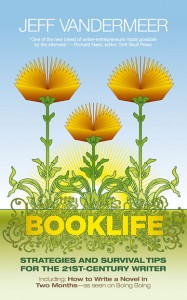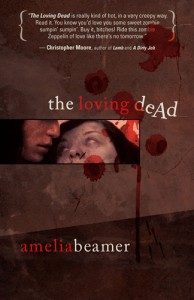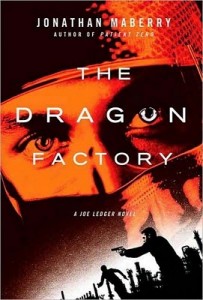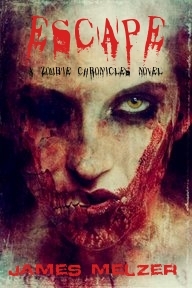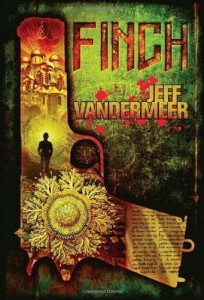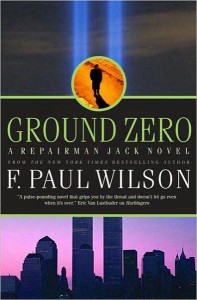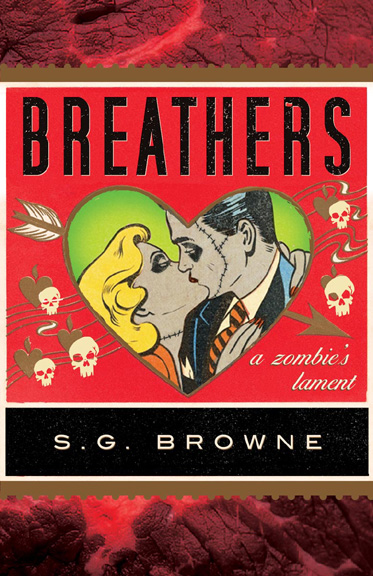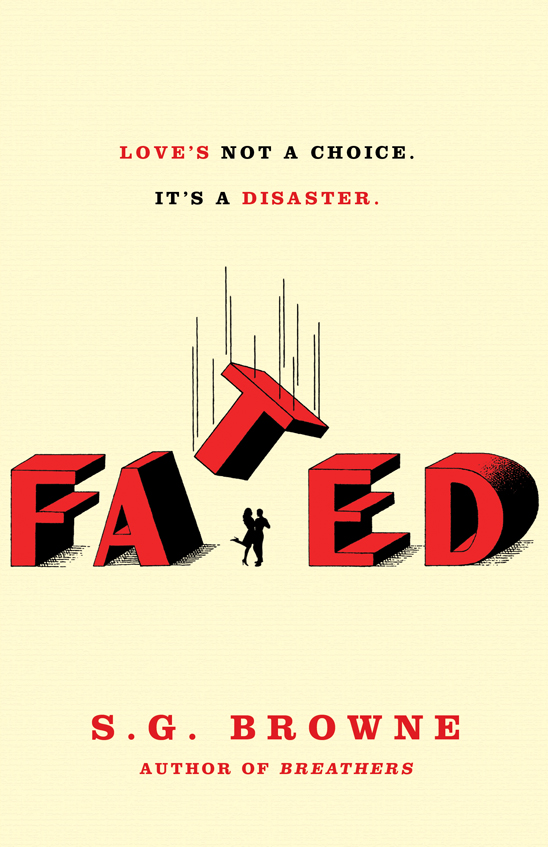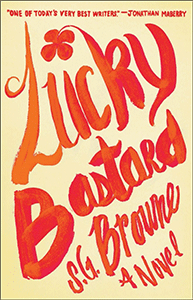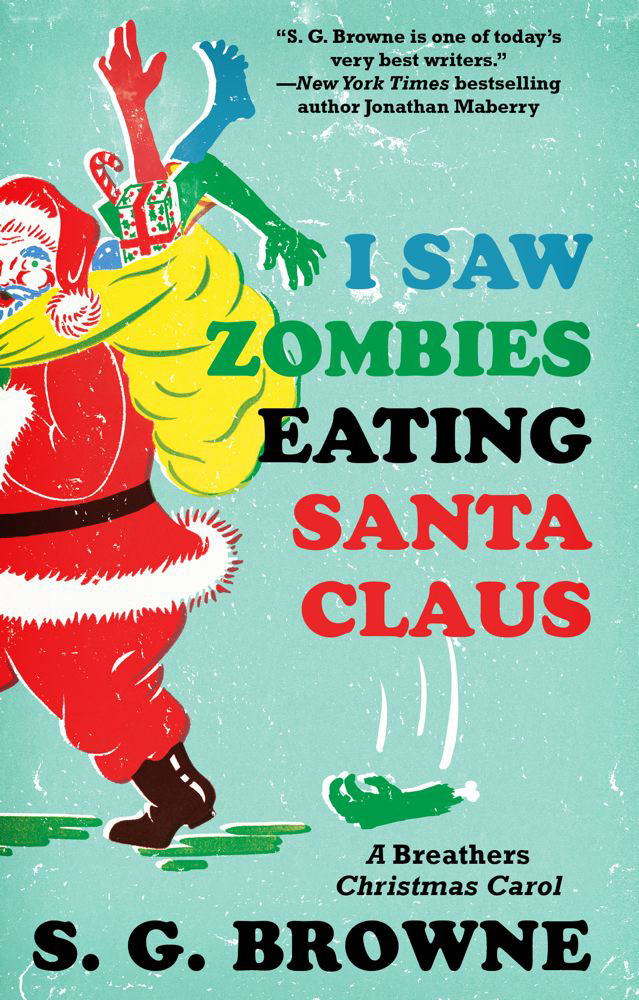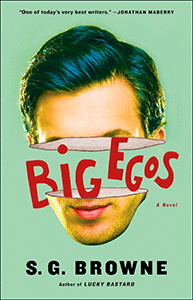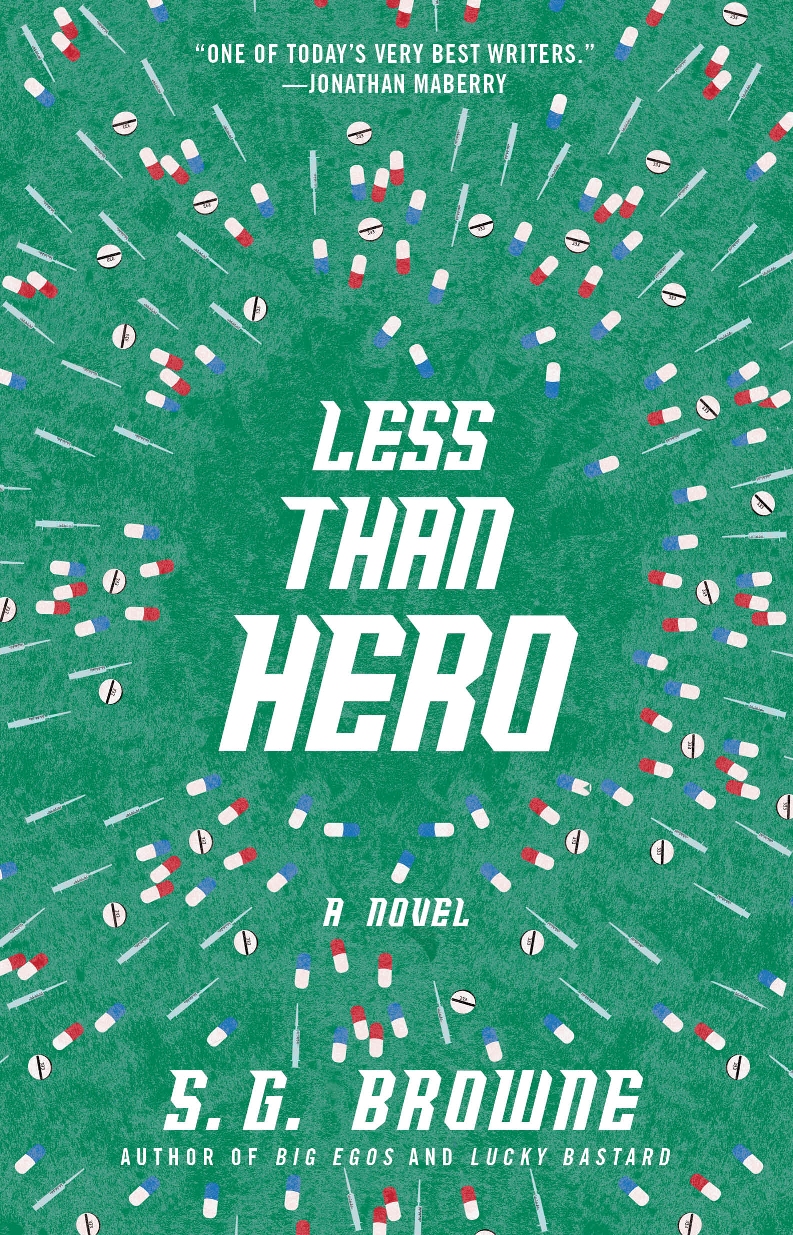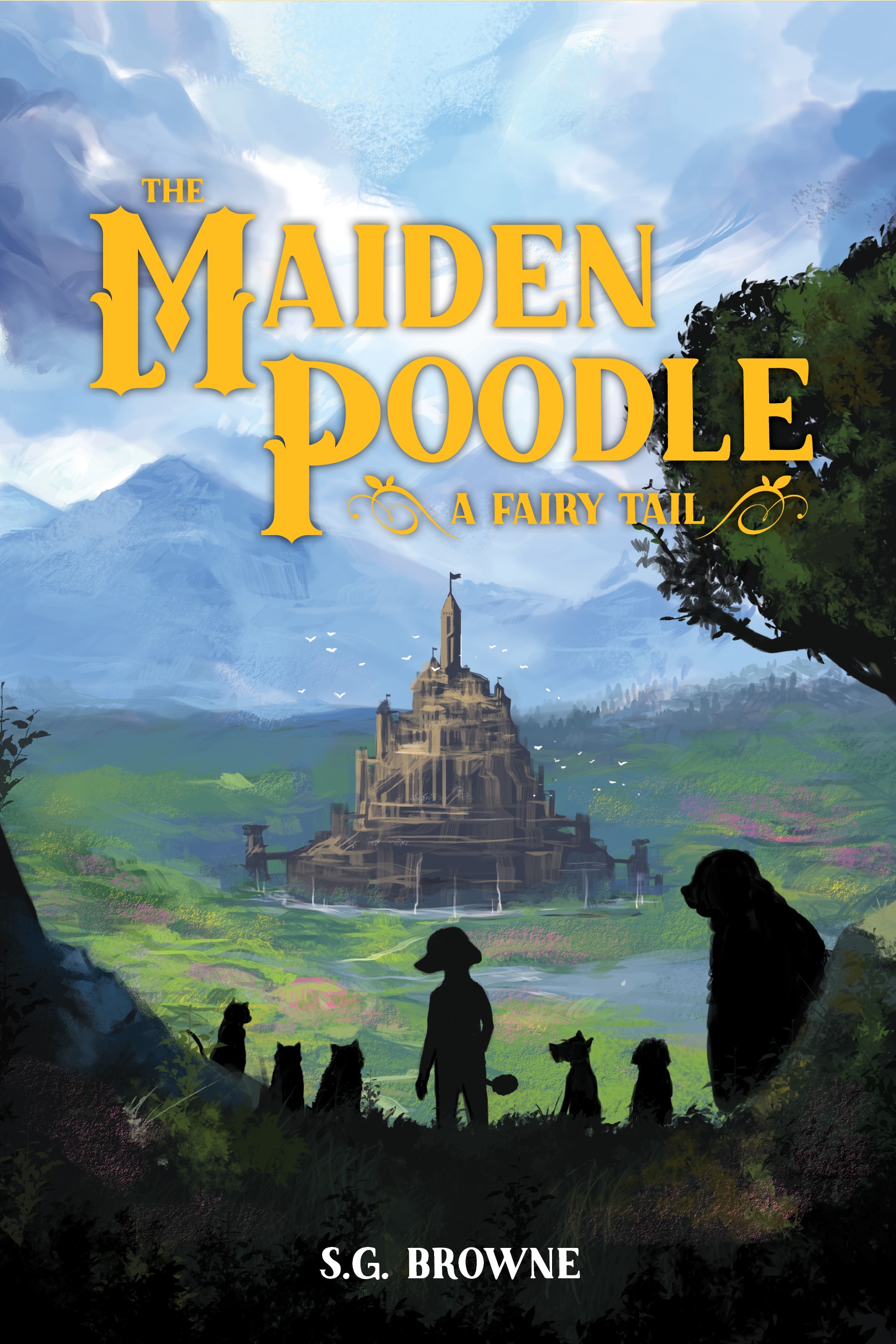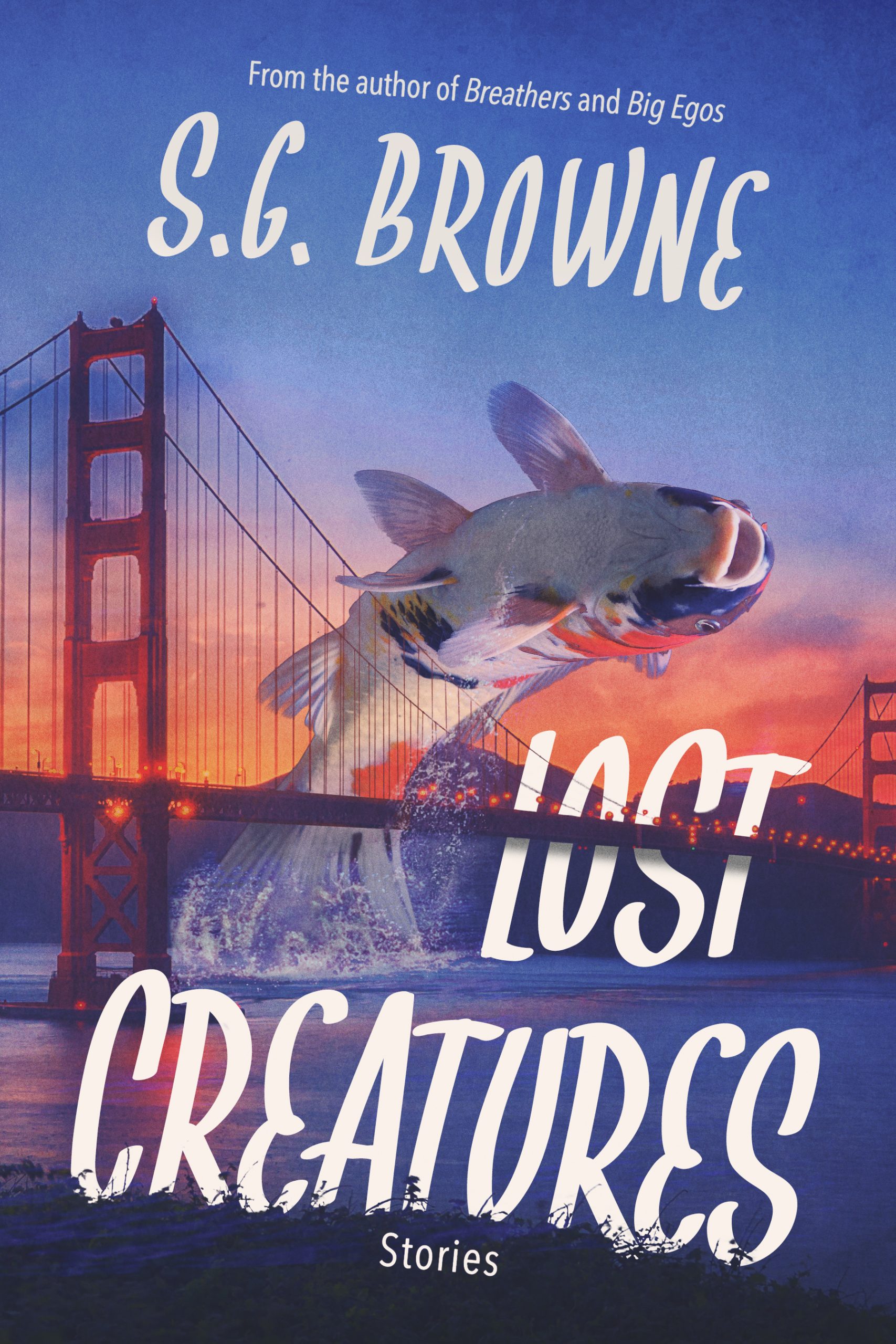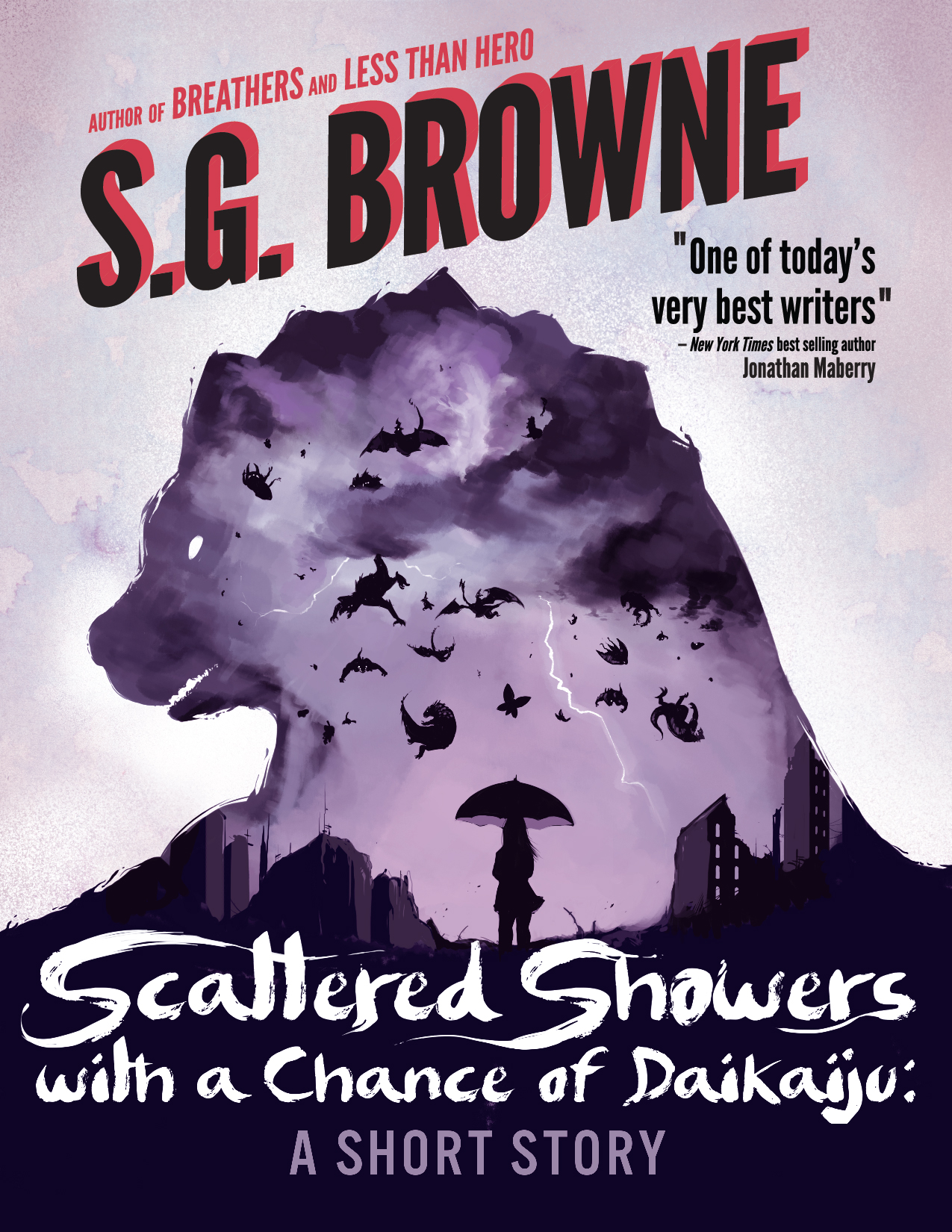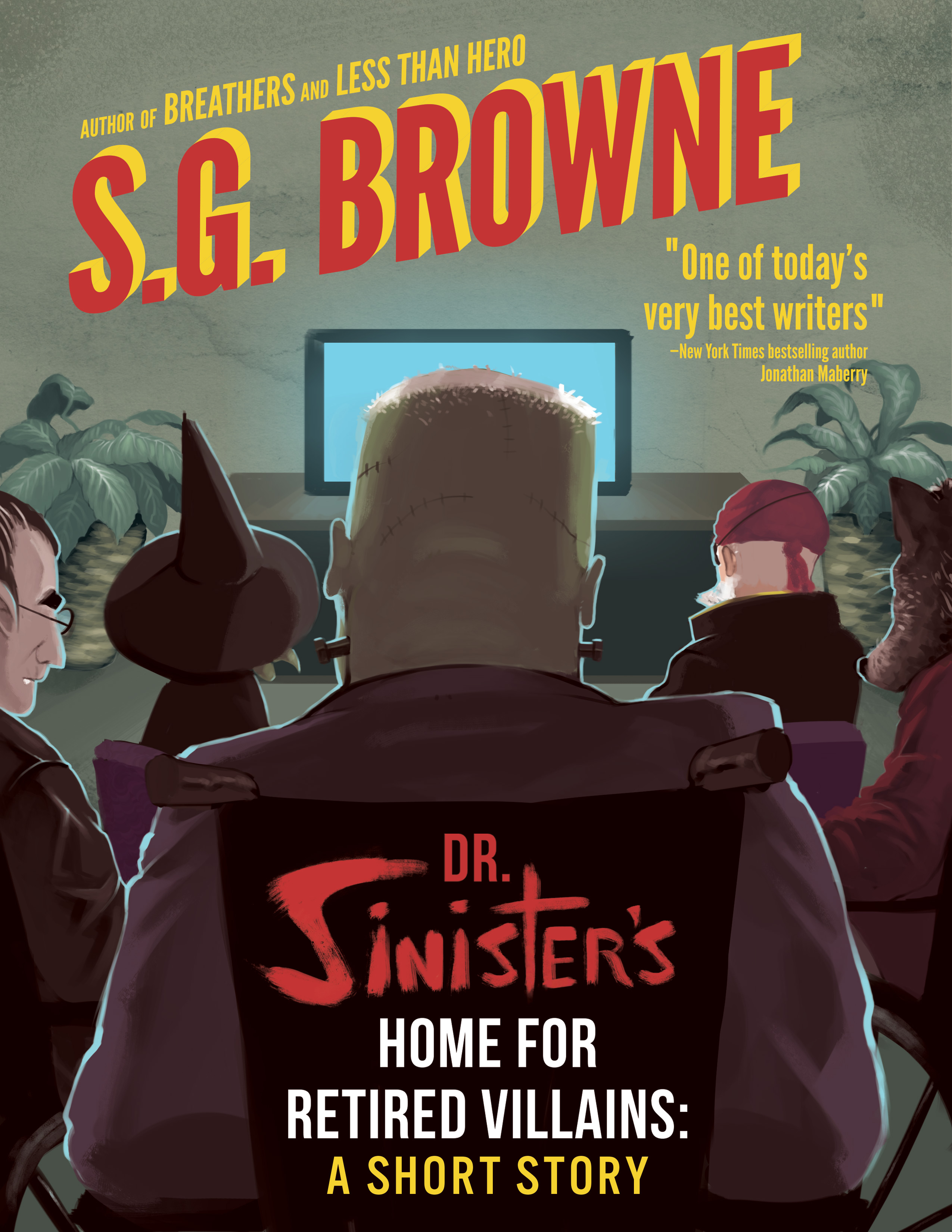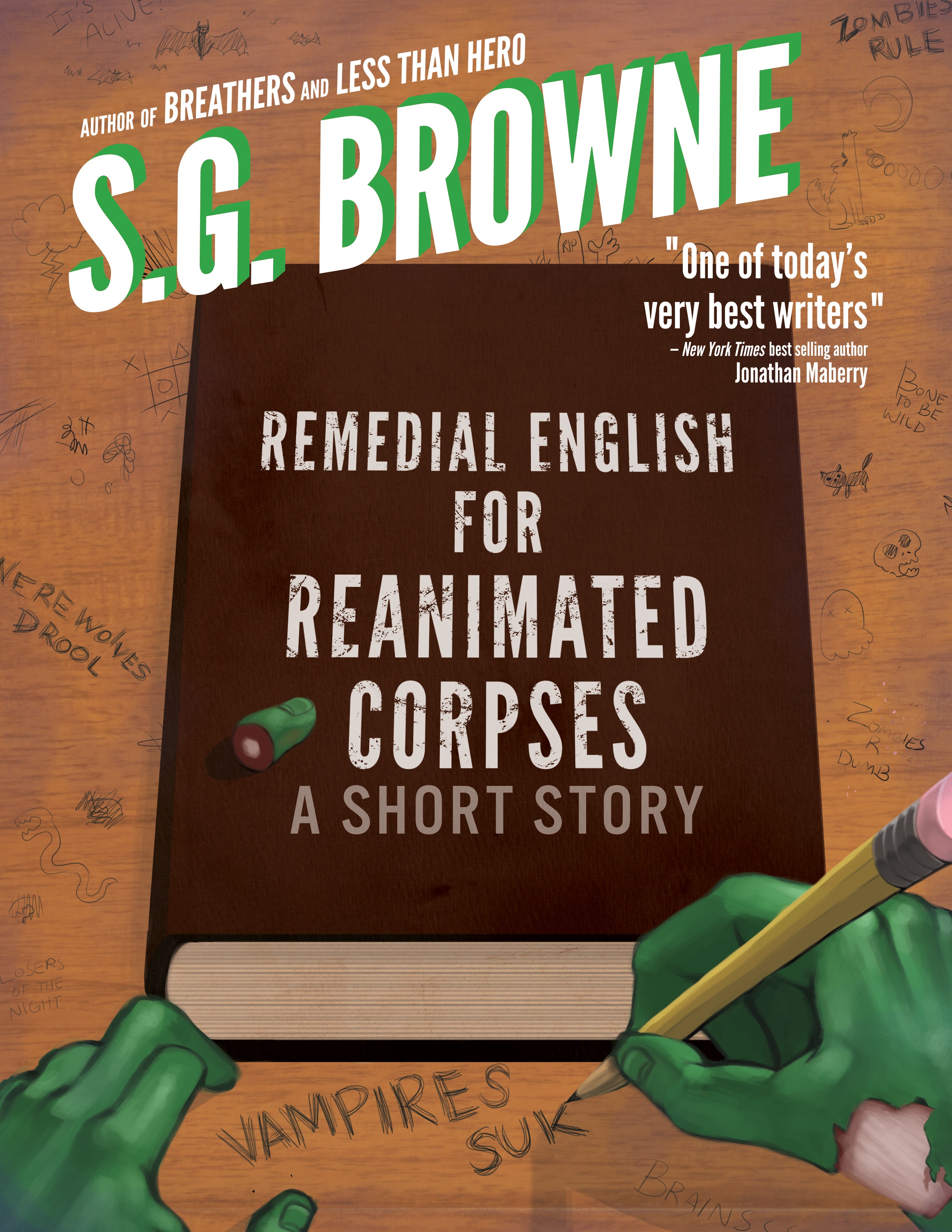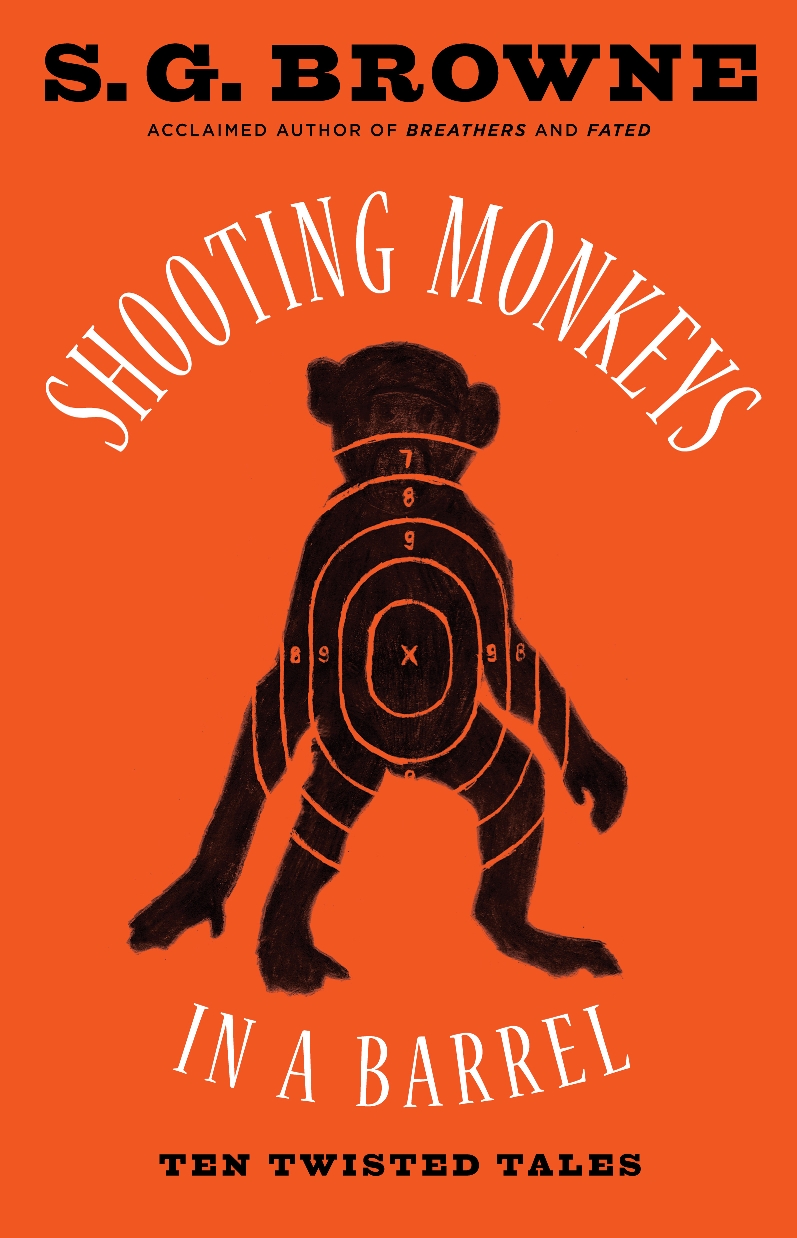The Writing Life: To Plot or Not to Plot
I’m frequently asked about my writing process. When I write. Where I write. How I write.
When? Mornings and evening, mostly. I like to use my afternoons for running errands and taking naps. Yes, I take naps. Discovered them in college following late nights of, ahem, studying. I love naps.
Where? In my apartment, either at my desk or on my couch with my laptop. I’m one of those rare writers who doesn’t drink coffee. Plus I’m easily distracted. So going to a cafe to write is mostly pointless. And at a cafe, I don’t have my cats curled up on either side of me.
How? I’m like Indiana Jones in The Raiders of the Lost Ark. I make it up as I go.
Generally, I get an idea of how I want to start a story. Or where I want it to start and then I start writing. When I’m finished, it may not begin in the same place or in the same way, but that’s what gets me moving forward.
For instance, Breathers originally opened up with what is now Chapter 2. But after doing some rewrites, I ended up switching things around and beginning the book with a scene that takes place in Chapter 37 and having the first 200 pages be a flashback to explain how Andy got there.
But how he ended up in the kitchen, standing in front of the refrigerator and finding his parents’ body parts in between the mayonnaise and the leftover Thanksgiving turkey isn’t something I planned to have happen. It’s just the way the story developed.
Generally, I don’t know how my story is going to end, or at the very least, how I’m going to get there. I didn’t have definite endings for Breathers and Fated when I started, but rather a vague idea of what might happen. The eventual endings developed from the actions of the characters.
“My notion of a story is an interesting situation in which a human being has to cope with a problem, does so, and thereby changes his personality, character, or evaluations in some measure because the coping has forced him to revise his thinking. How he copes with it, I can’t plot in advance because that depends on his character, and I don’t know what his character is until I get acquainted with him.”
— Robert Heinlein
Much like Heinlein said in his quote above, plotting out what my characters are going to do before they have a chance to get there doesn’t work for me. I don’t know how my characters will react to certain situations until I put them in those situations, so I can’t tell them what they’re going to do ahead of time until I get to know them. Otherwise, I’m just forcing my will upon them. Instead, I let my characters’ actions dictate where the plot is going to go.
Of course, not knowing where you’re going can sometimes lead to moments of complete and absolute terror when you’re two-thirds of the way through the manuscript and you’re not sure what’s going to happen in the third act. But it’s what’s worked for me for most of the last two decades, so I’m sticking with it.
